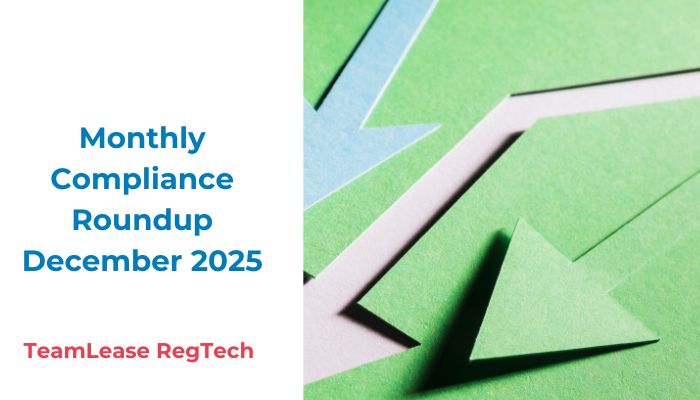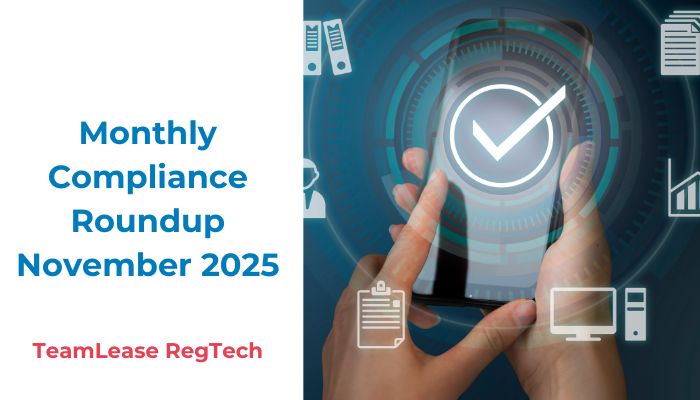Background screening has always been an essential part of the hiring process, and if you did not practice it until now, you should commence immediately. Background screening helps employers and companies to verify information about the potential employee and ensure the new employee is legally, socially and emotionally suited for the role. The pandemic of 2020 did reshape how the world and workplace function, and the latest online mode of working is most likely to stay. Reportedly, 25% of jobs would be utterly remote by the end of 2022. If that is the case, background screening must be adapted, keeping the new working model in mind.
Background screening – How does it range?
It is essential for employers and candidates who apply for positions to be aware of the basics of background screening and how various background checks can be conducted.
Employers use a range of screening processes which may include information about the criminal history as well as another important subset called verifications. Verifications can range across employment history, education history and professional licence checks. Drug tests can also be conducted depending on the company policy.
You might also be interested to read: Background Screening Trends – What Has Changed, What Has Remained
Is consent important?
Once the initial interview is conducted and a candidate seems to be fit for the role and the company, a background check becomes the next obvious step in the hiring process. Background screening is a means utilised by employers to secure essential information about the candidate from various sources outside of the candidate. We asked a number of hiring experts and HR executives if consent from the potential hire is necessary before carrying out the background screening.
The answer is yes. It is essential to disclose to the potential hire, and the disclosure in itself is the first step in conducting the background screening procedure. An employer must beware of not doing a background check without consent and ensure the candidate knows which areas of his life are being looked into. Consent from the candidate is explicitly required and separately for each area you run a background check on.
What if consent is refused?
An employer must include the background screening consent in the offer. If the potential hire does not wish to authorise the screening process, the employer must not move forward with the background check or the employment. Most employers follow this practice; however if they are doing so, it should be stated in the company policy.
Social media – A key component
Going on social media profiles seems very tempting and easy access to information about your potential hire. However is it okay for companies and employers to scrutinise a potential candidate on social media?
No. It is unethical to go on Instagram, TikTok and Facebook in search of your candidate to know about their social engagements. It can be a mistake, even if it may not look like one. Instead, you must appoint an organisation that professionally conducts background checks for companies.
When you engage a professional to conduct the social media screening, they will present you with information about your potential candidate. This information includes confirmation of whether or not the individual participates in activities and events that may be a potential risk to your company. With the help of this information, you are in a better position to decide whether you must hire the shortlisted candidate or not based on the actual potential threat to your organisation. This is important, as many employers, if conducting the social media screening themselves, may make a decision based on unconscious bias or a simple personal opinion.
Remote climate – The new normal
Remote working is the new professional work climate, and background screening must continue to be conducted even if employees and employers are not sharing physical space at an office. When working from home or remotely, an individual represents the company but is mostly unsupervised. This means there is a greater risk when hiring someone and more reason to conduct background screening to protect the image and confidential information about your company.
Additional due diligence must be taken to know who your potential hires are and that everything they say about their professional and educational background is true. Ensuring the individual is not a risk profile to your company and its reputation is very important for the future and safety of your organisation.
Whether your work climate is remote or not, background screening must be an essential part of your hiring process. Background screening especially goes a long way when building a team of long-term employees whose ideas and personalities will resonate with the company’s essence.
Reference: Background Screening – What You Need To Know | Talent Culture | Meghan M. Biro | May 20, 2022
You might also be interested to read: Employee Background Verification Undergo A Digital Makeover






